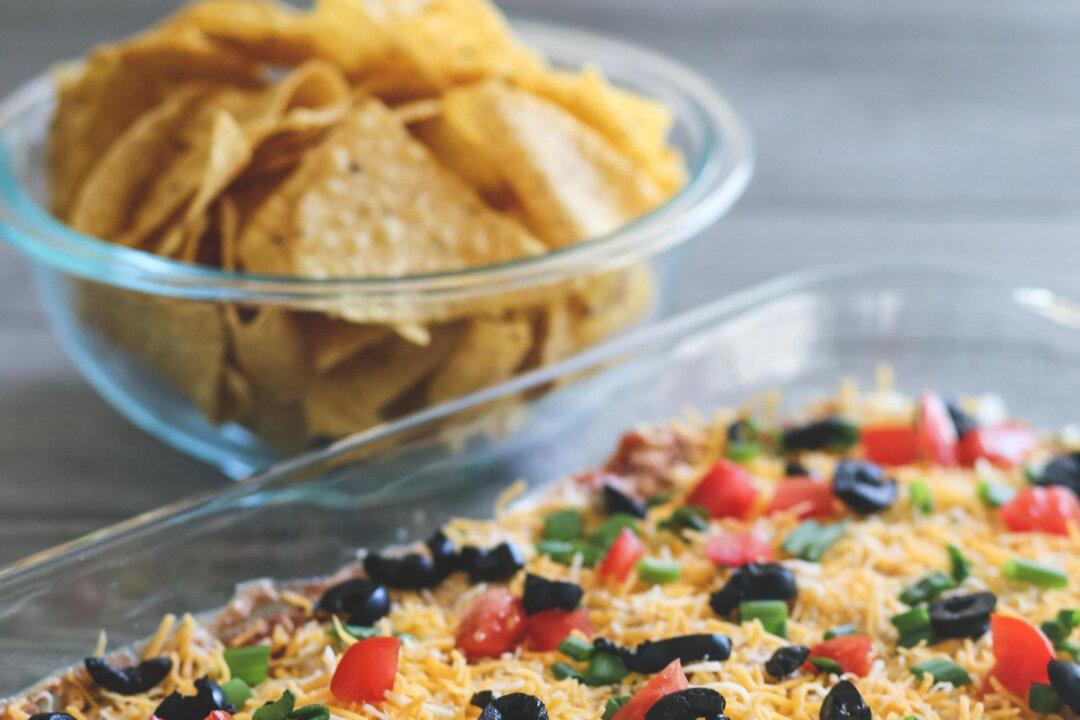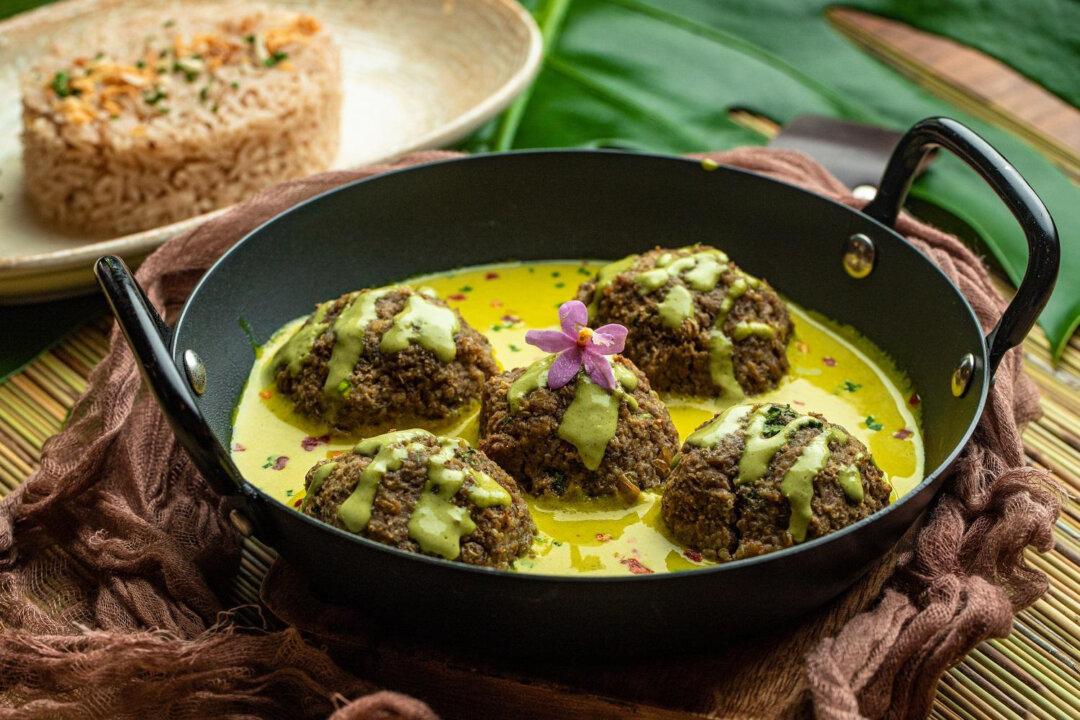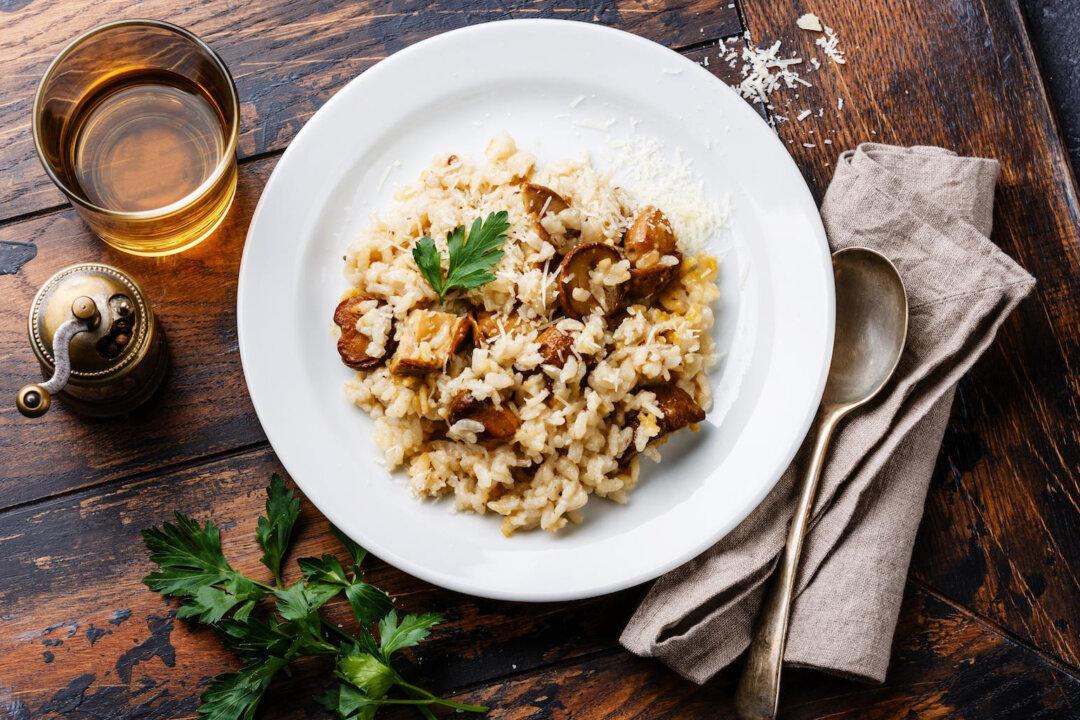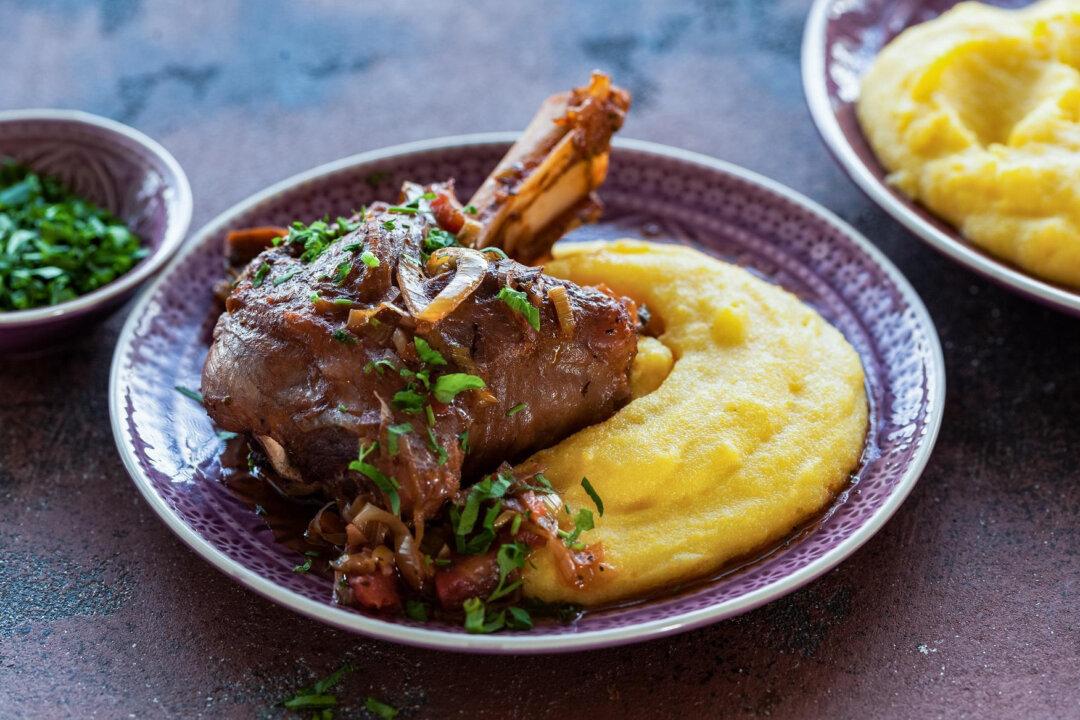Something else you may have noticed is how popular it is to substitute honey in recipes when sugar is called for. This is because honey has a lower glycemic index (GI) than granulated sugar, meaning that our blood sugar levels rise more slowly after consuming honey than they do when consuming something with a higher GI. Honey also has fewer calories, more calcium and higher vitamin levels than refined sugar.
Honey can be used to enhance certain flavors in baked goods, as a cooking substitute or as a sweetener in your morning coffee.
When you use it for baking purposes, make sure you use the correct amount. For instance, if a recipe calls for 1 cup of granulated sugar, use only two-thirds of a cup of honey. You’ll also want to slightly reduce the amount of other liquids you use in the recipe considering honey is made up of nearly 18% water.
Honey burns faster than refined sugar, so lower your cooking temperature by 25 degrees when baking with the natural sweetener.
Another common use for honey is as a sweetener for your tea or homemade latte. Note that raw honey loses some of its nutritional value when added to boiling hot beverages. If you’re using it to coat your sore throat, it’s best to wait for your tea or coffee to come closer to warm rather than boiling before adding raw honey.
Honey isn’t the only food item you can use as a substitute for something else. If your fridge or pantry is lacking, here is a comprehensive list of useful cooking and baking swaps.





